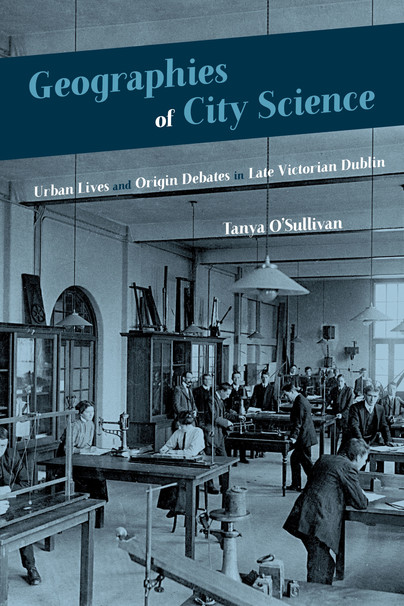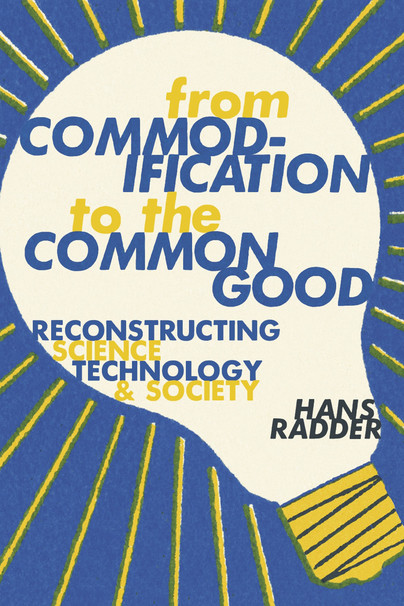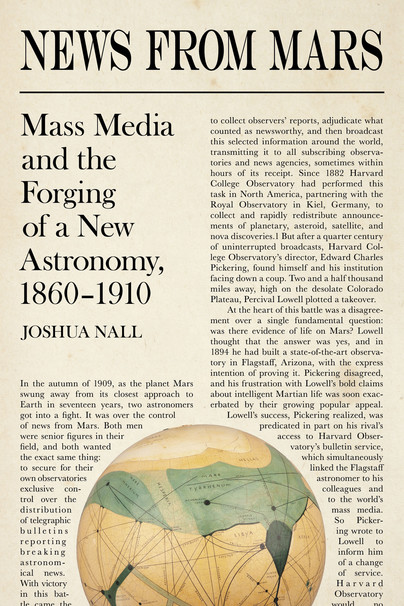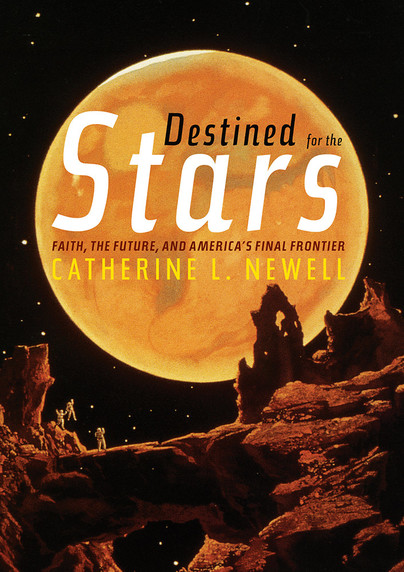
Format: Hardback
Pages: 242
ISBN: 9780822945758
Pub Date: 12 Nov 2019
Imprint: University of Pittsburgh Press
Illustrations: 19
Description:
Dublin at the turn of the twentieth century was both the second city of the British Empire and the soon-to-be capital of an emerging nation, presenting a unique space in which to examine the past relationship between science and the city. Drawing on both geography and biography, Geographies of City Science underscores the crucial role urban spaces played in the production of scientific knowledge. Each chapter explores the lives of two practitioners from one of the main religious and political traditions in Dublin (either Protestant and Unionist or Catholic and Nationalist).














